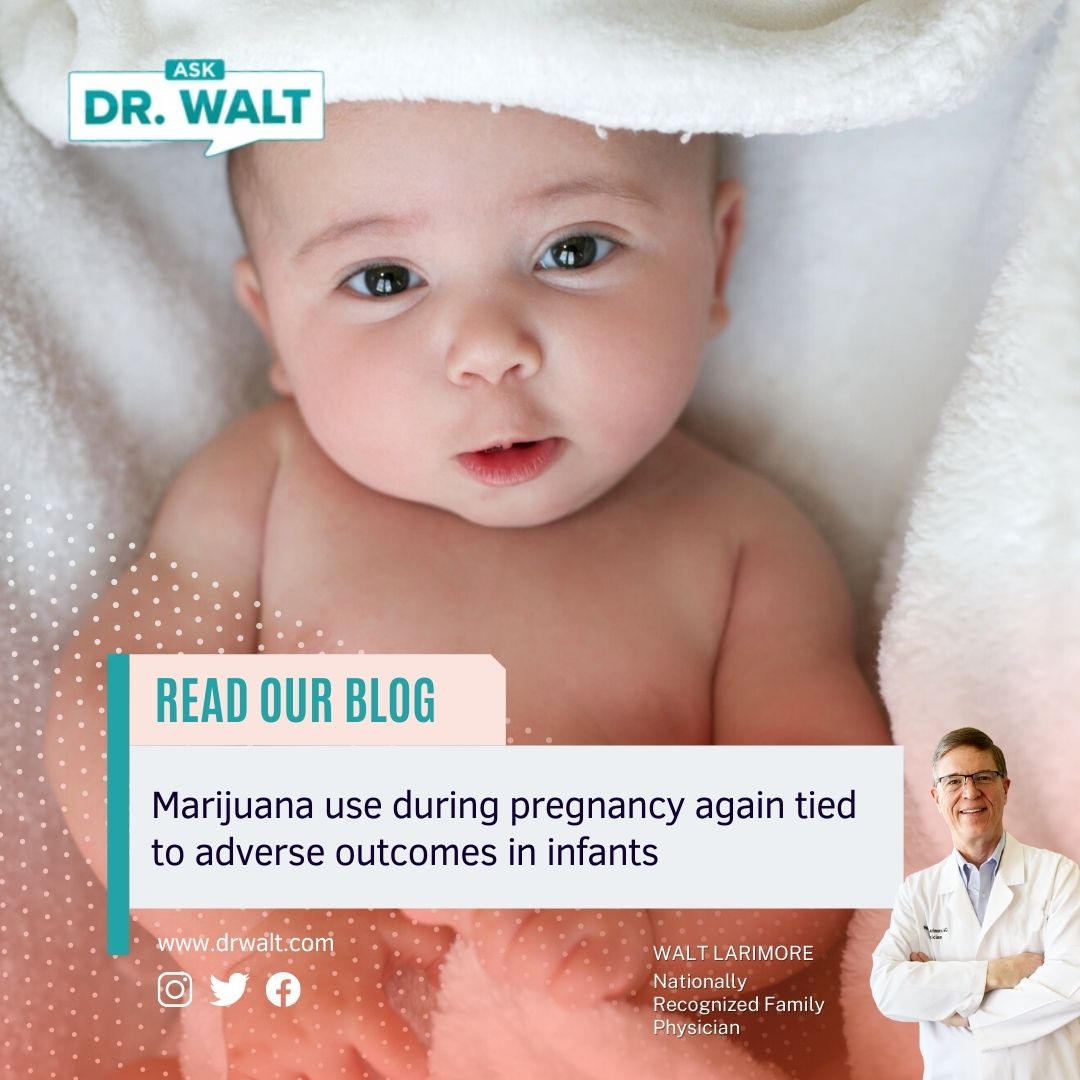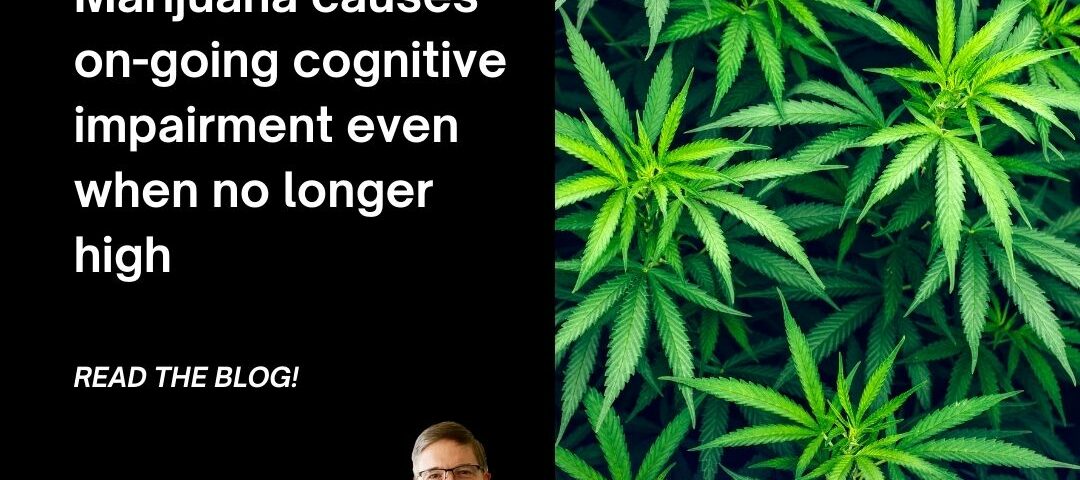
Marijuana use associated with higher cardiovascular risk
February 21, 2022
Marijuana use during pregnancy again tied to adverse outcomes in infants
February 23, 2022A recent analysis of previous research on the impact of cannabis on young’s people’s cognition found that many of the known learning and memory difficulties associated with being high on marijuana, such as slowed processing speed and difficulties in focusing, linger for weeks.
Verbal learning, retention, and recall were especially affected for longer periods when the person was no longer high, researchers from the University of Montreal found.
Numerous studies suggest that young people who use cannabis have worse outcomes in a variety of life domains, such as academic and job performance, the researchers said.
We’ve known for over a decade that in adults “cannabis appears to continue to exert impairing effects in executive functions even after three weeks of abstinence and beyond.”
A comprehensive review published in the Journal of Addiction Medicine back in 2011 found, “While basic attentional and working memory abilities are largely restored [3 weeks after marijuana cessation], the most enduring and detectable deficits are seen in decision-making, concept formation and planning.”
The study added, “Verbal fluency impairments are somewhat mixed at this stage. Similar to the residual effects of cannabis use, those studies with subjects having chronic, heavy cannabis use show the most enduring deficits.”
In adolescence the brain is especially vulnerable, said Staci Gruber, director of the Cognitive and Clinical Neuroimaging Core and the Marijuana Investigations for Neuroscientific Discovery (MIND) at McLean Hospital.
“Almost anything can change the trajectory of brain development,” added Gruber, who is also an associate professor of psychiatry at Harvard Medical School. “If you can protect your brain from everything, not just cannabis, it’s best for the brain. What parents should be saying is not ‘just say no’ but rather ‘just not yet.’”
“The cannabis of today is very different,” said Carrie Cuttler, an assistant professor in the department of psychology and director of the Health and Cognition lab at Washington State University. “Back then cannabis had maybe 3 percent THC, now we’re seeing as much as 90 percent in some samples.”
Those high-dose products can cause vomiting severe enough to lead to hospitalization and episodes of psychosis, said a researcher for a study published in JAMA Pediatrics that found almost half of the teen participants had experienced paranoia, anxiety, or hallucinations while using cannabis.
© Copyright WLL, INC. 2022. This blog provides healthcare tips and advice that you can trust about a wide variety of general health information only and is not intended to be a substitute for professional medical advice, diagnosis, or treatment from your regular physician. If you are concerned about your health, take what you learn from this blog and meet with your personal doctor to discuss your concerns.




